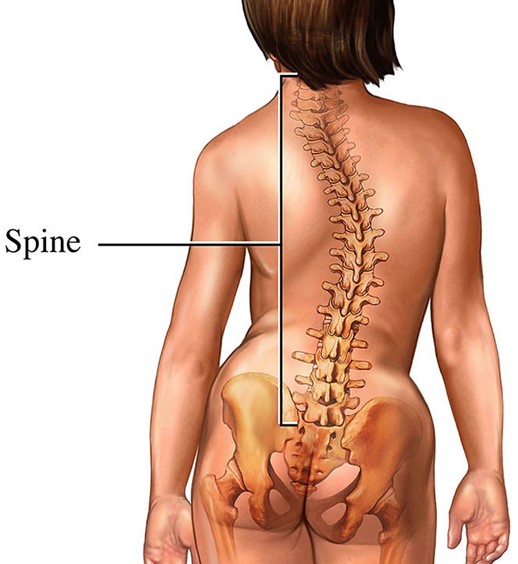A nurse is educating new parents about risk factors for sudden infant death syndrome (SIDS).
Which of the following statements should indicate to the nurse the need for additional teaching?
"Our baby will sleep in our bed because I am breastfeeding.".
"We will remove blankets and toys from the crib.".
"We will give my baby a pacifier during naps and at bedtime.".
"We will place my baby on her back when sleeping.".
The Correct Answer is A
“Our baby will sleep in our bed because I am breastfeeding.” Sharing a bed with a baby increases the risk of SIDS1.
Choice B is not the answer because removing blankets and toys from the crib is a recommended way to reduce the risk of SIDS2.
Choice C is not the answer because giving a baby a pacifier during naps and at bedtime can help reduce the risk of SIDS.
Choice D is not the answer because placing a baby on their back when sleeping is one of the most important measures to help protect against SIDS1.
Nursing Test Bank
Naxlex Comprehensive Predictor Exams
Related Questions
Correct Answer is A
Explanation
Adolescents affected by scoliosis often experience body image dissatisfaction.
Therefore, the nurse should anticipate body image changes as the most common reaction.
Choice B is not correct because loss of privacy is not the most common reaction
when dealing with scoliosis surgery.
Choice C is not correct because feelings of displacement are not the most
common reaction when dealing with scoliosis surgery.
Choice D is not correct because identity crisis is not the most common reaction
when dealing with scoliosis surgery.

Correct Answer is B
Explanation
Acute lead poisoning in toddlers can cause anorexia, as well as vomiting, abdominal pain, and constipation.
These symptoms can progress to seizures, coma, and even death if not treated promptly.
Choice A, increased urinary output, is not the correct answer because lead poisoning can cause a decrease in urinary output due to the effect of lead on the kidneys.
Choice C, diarrhea, is not the correct answer because lead poisoning is more likely to cause constipation than diarrhea.
Choice D, jaundice, is not the correct answer because jaundice is not a common finding in lead poisoning.
Jaundice is a yellowing of the skin and whites of the eyes caused by an excess of bilirubin in the blood, which is not directly related to lead poisoning.
Whether you are a student looking to ace your exams or a practicing nurse seeking to enhance your expertise , our nursing education contents will empower you with the confidence and competence to make a difference in the lives of patients and become a respected leader in the healthcare field.
Visit Naxlex, invest in your future and unlock endless possibilities with our unparalleled nursing education contents today
Report Wrong Answer on the Current Question
Do you disagree with the answer? If yes, what is your expected answer? Explain.
Kindly be descriptive with the issue you are facing.
